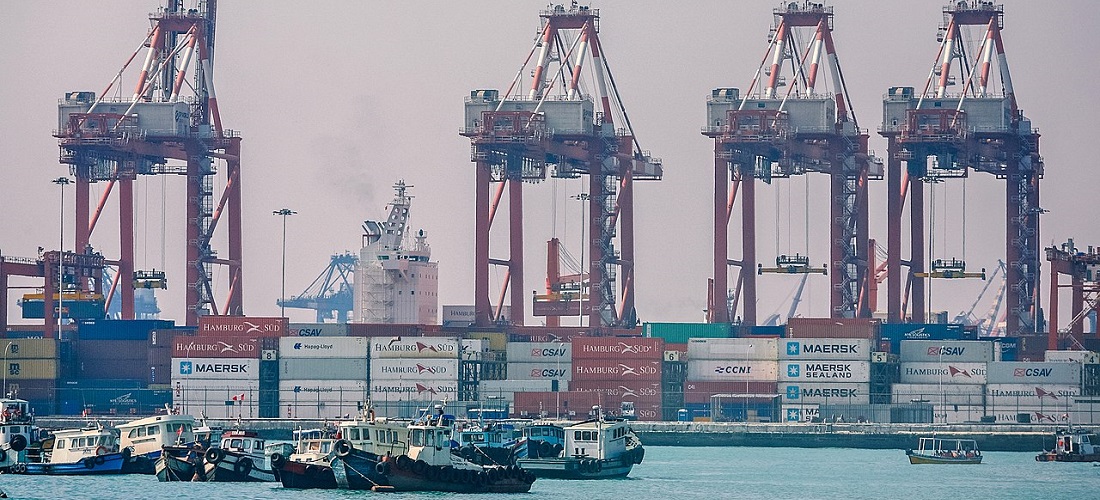
Peru’s New Maritime Cabotage Law Expected to Boost Economy and Foreign Trade
Jun, 04, 2024 Posted by Gabriel MalheirosWeek 202423
The Peruvian Congress has approved a new Maritime Cabotage Law, which is anticipated to positively impact the national economy and enhance Peru’s foreign trade. The law, approved with 72 votes in favor, was developed by the Ministry of Transport and Communications (MTC) in collaboration with the Ministry of Foreign Trade and Tourism (Mincetur), regional governments, and business entities.
The new legislation, presented as Bill 5175/2022-PE, aims to decentralize port activities and improve competitiveness in foreign trade. Maritime cabotage refers to the transportation of cargo and passengers by sea between domestic ports, offering an alternative to land transport, particularly crucial during natural disasters to maintain the continuity of trade operations.
Changes and Benefits of the New Law
Prior to the new law, Legislative Decree No. 1413 (DL 1413) restricted maritime cabotage to individuals or legal entities established in Peru, with national or foreign capital, and required authorization from the MTC and the General Directorate of Captaincies and Coast Guards (Dicapi).
The new legislation introduces a simplified access regime, allowing individuals or legal entities to operate without the need to establish a presence in Peru and eliminating the requirement for an MTC Operating Permit. It also sets conditions for the development of supervised innovation programs to promote cabotage.
“We are pleased with the approval of this law, which offers national companies, importers, and exporters an alternative to land transport, increasing our competitiveness and reducing logistics costs and times,” said Elizabeth Galdo, Minister of Mincetur.
Regional Impact and Infrastructure
The new law is expected to significantly benefit Peru’s jungle regions by facilitating the export of products through national ports such as Paita and Matarani. This will help connect production areas with ports, expediting the shipment of goods for export.
“The law also creates investment opportunities in port and logistics infrastructure, encouraging improvements in supply chains for both dry and refrigerated cargo. Furthermore, it will reduce pressure on container terminals at the port of Callao, consolidating Peruvian ports as a strategic hub in the South Pacific, and attracting cargo from smaller ports in the region, such as Antofagasta, Iquique, and Arica,” concluded Galdo.
-
Grains
Nov, 14, 2023
0
Argentina’s Soy Complex Exports to Surge, Reaching $18 bn in 2024
-
Oil and Gas
Mar, 23, 2020
0
Petrobras warns that coronavirus may cause negative impact on its financial results
-
Coffee
Dec, 05, 2022
0
Coffee: Brazil brings November to a close with 3.607 mln bags shipped
-
Grains
Nov, 28, 2022
0
Wheat: Brazil has 176.5mt on the line-up for November



